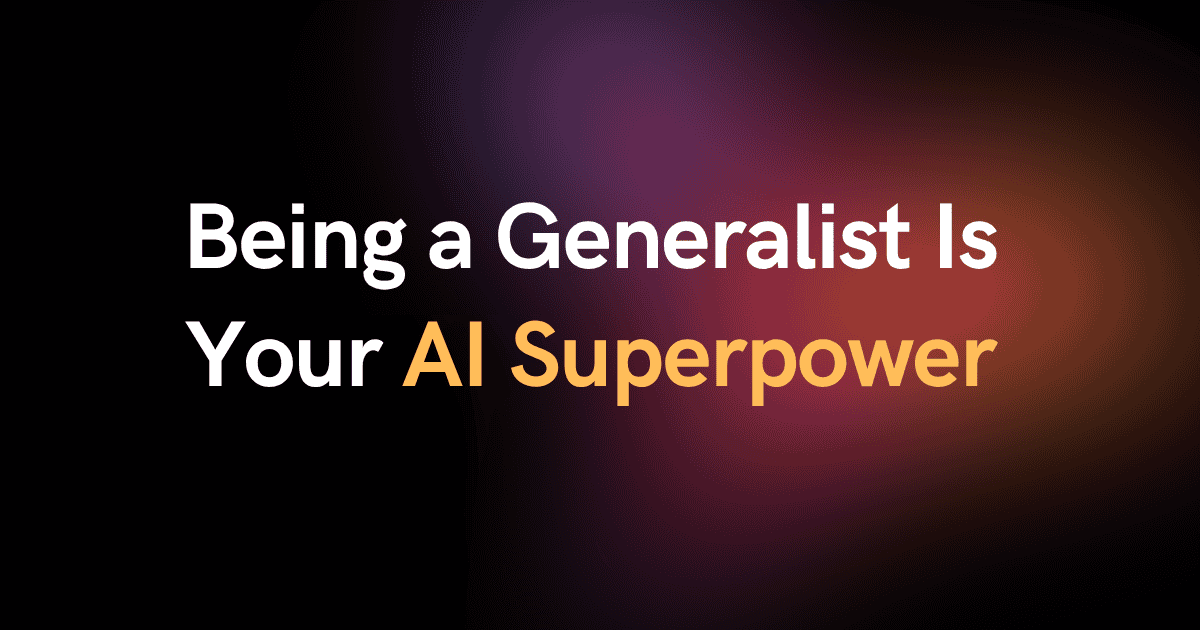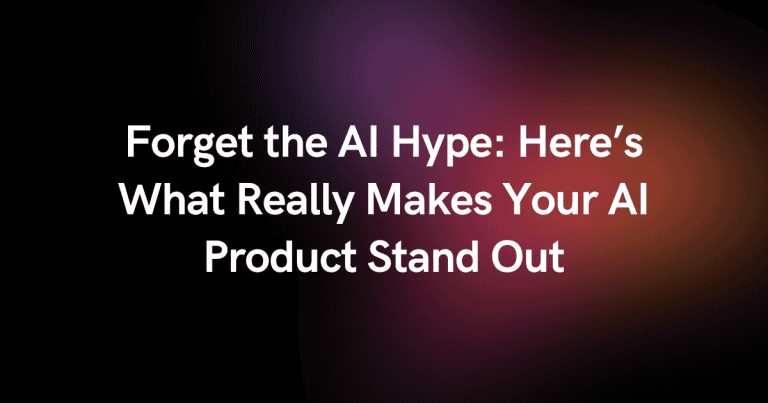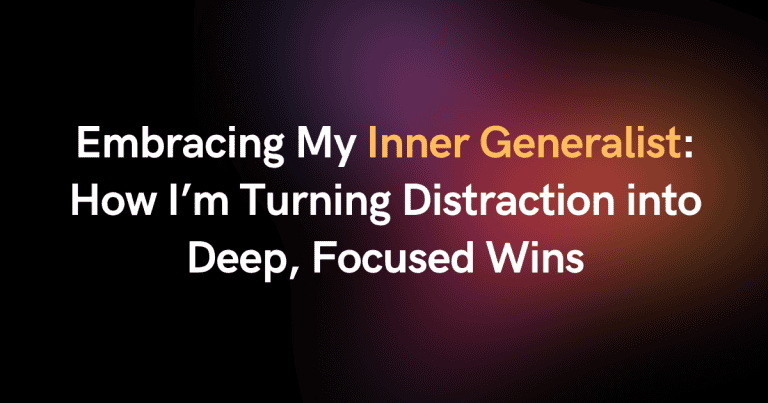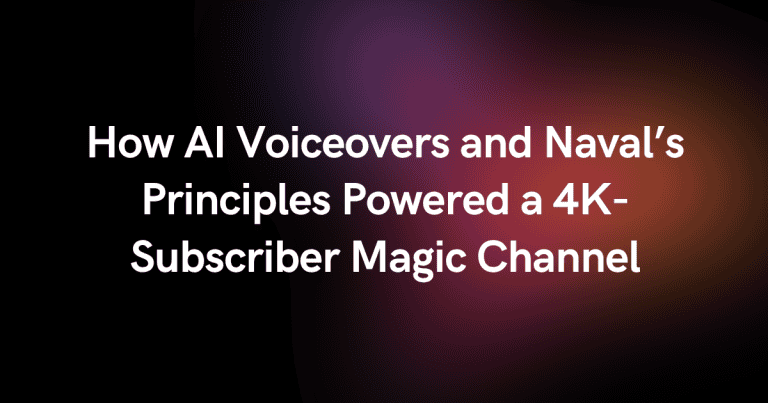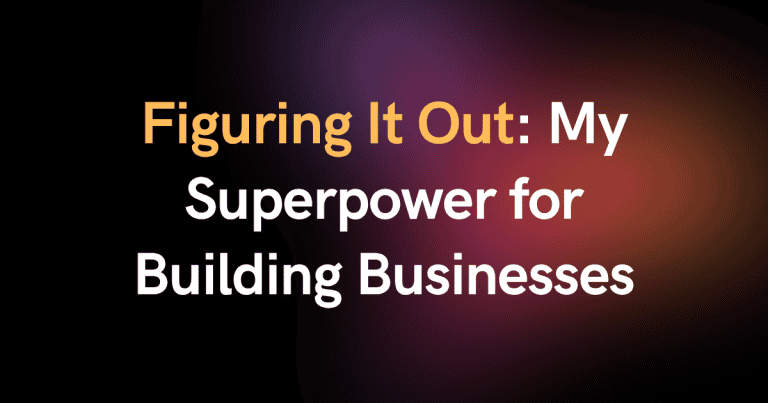When I look back, I realize my biggest advantage wasn’t fancy credentials—it was my curiosity. I came into tech knowing SEO and marketing inside out, but no coding chops.
Fast-forward a few months, and I’d built a full-stack AI-powered directory app from scratch. Here’s how it happened—and how you can turn your generalist tendencies into an unbeatable edge.
1. Embrace Vibe-Coding with AI Tools
I dove head-first into vibe-coding by experimenting with
- Lovable.dev for UX-driven components
- Bolt for backend endpoints
Within 1–2 months, I had the basics down: wiring up a React-like front end to AI-assisted API routes. No bootcamps—just tinkering, trial-and-error, and a healthy dose of AI autocomplete.
2. Learn Scraping from the Pros
Next, I needed data—lots of it. That’s where
Jordan Urbach (@jordanurbs) came in. He showed me how to:
- Write simple Python or Node scripts to pull listings off public sites.
- Clean and structure that data for programmatic page generation.
With his guidance, I went from “What’s an HTTP request?” to “I can scrape 5,000 records in an afternoon.”
3. Scale Up with Astro
For fast, SEO-friendly sites, I chose the Astro Framework (thanks, Jordan!). Its file-based routing and partial hydration mean:
- Lightning-fast pages that search engines love
- Easy templating for thousands of directory entries
My next move? Combine scraped data, my SEO keyword list, and Astro’s “generate-my-pages” magic to spin up 1,000s of targeted pages—each optimized for a specific long-tail keyword.
4. Do Keyword Research on a Budget
Ahrefs is great, but I didn’t want to stretch my budget. Instead, I leaned on Ubersuggest by Neil Patel (@neilpatel) for:
- Finding niches with low competition
- Estimating search volumes
- Spotting related terms I’d never considered
It wasn’t a perfect substitute—but for a fraction of the price, it got me 80% of the insights at 20% of the cost.
5. Share Your Journey (and Teach Others)
I even turned all of this into a YouTube tutorial—showing each step live. Teaching what you learn not only cements your knowledge, it builds your brand and helps other generalists see the path forward.
Why “Generalist + New Skills” Beats Specialist Burnout
- Adaptability: When a new AI tool or framework drops, you dive in—no gatekeeping.
- Cross-Pollination: Insights from marketing inform your code architecture; scraping tricks unlock better content strategies.
- Moat-Building: Your ability to learn fast and combine tools becomes your unfair advantage—no AI subscription can replicate that.
Final Thoughts
In 2025, the barrier to building powerful apps is just a $20 AI subscription and a willingness to figure it out.
As a generalist, your superpower is the ability to connect dots across disciplines. Learn vibe-coding, master scraping, wield Astro like a pro, and never stop adding new skills to your toolkit.
The world moves fast—but a generalist who can learn faster moves faster. Ready to level up?
Pick one new skill today and see where it takes you.
